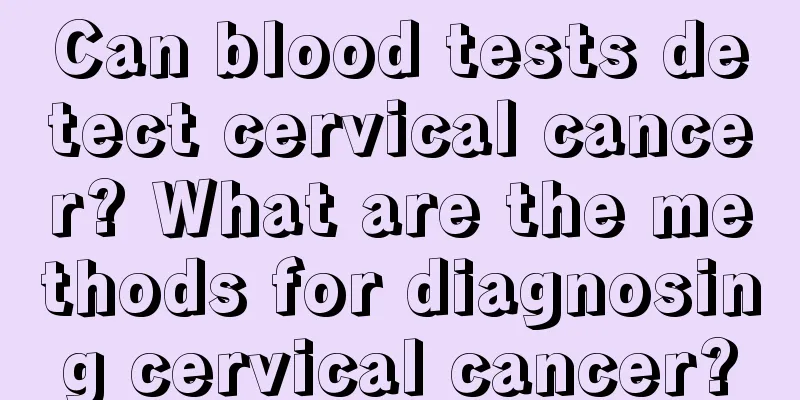What's going on with the burning sensation in my chest?

|
The burning sensation in the chest is like eating some spicy food, giving the patient a feeling of burning in the chest. This symptom is clinically called gastroesophageal reflux. This symptom is closely related to the patient's diet, such as eating too much food at one time, eating too much food at one time, and eating too greasy food. Drinking and smoking while eating can also cause burning sensation in the chest. So what is the cause of the burning sensation in the chest? First, what is the cause of the burning sensation in the chest? Heartburn, commonly known as heartburn, refers to a burning or hot sensation behind the sternum or under the xiphoid process, often accompanied by reflux symptoms. It is one of the most common symptoms of the digestive system. The mechanism is that gastric contents reflux into the esophagus, irritating the esophageal mucosa. Heartburn can occur when you eat too much too quickly, but it is usually temporary. If it happens frequently, you need to be particularly vigilant because it may be a warning sign of a certain disease, the most common of which are stomach, esophageal reflux disease, esophageal cancer, pyloric obstruction, etc. Second, gastroesophageal reflux disease refers to the reflux of gastric and duodenal contents into the esophagus, causing symptoms such as heartburn, which can cause reflux esophagitis and damage to adjacent tissues of the esophagus such as the throat and airway. Its typical symptoms are heartburn and regurgitation. Heartburn refers to a burning sensation behind the sternum or under the xiphoid process, extending from bottom to top. Reflux is the sensation of stomach contents rushing into the pharynx or mouth without straining or nausea, and can include acid reflux. Heartburn and regurgitation often occur 1 hour after a meal, and symptoms may worsen when lying down, bending over, and falling asleep at night. In addition, there is chest pain, which is located behind the sternum and caused by reflux irritating the esophagus. In severe cases, it manifests as severe stabbing pain and can radiate to the shoulders, back, neck and behind the ears. What's the matter with the burning sensation in the chest? The pathogenesis of gastric and esophageal reflux disease is the weakening of the anti-reflux defense function of the esophagus and the strengthening of the attack of reflux substances on the esophageal mucosa. The lower esophageal sphincter prevents gastric contents from flowing back into the esophagus, but high-fat foods, coffee, strong tea, overeating, certain drugs and hormones can reduce the function of the lower esophageal sphincter and affect its anti-reflux effect. Long-term smoking, drinking and negative emotions such as depression can damage the esophageal mucosa and weaken its ability to resist reflux damage. |
<<: What to do if chest hurts and mouth sores
>>: What are the causes of pain on the side of the chest
Recommend
How to Test Radiation Protection Suit
As we all know, anti-radiation clothing is an imp...
How to prepare for pregnancy successfully at an advanced age?
As we all know, after a woman reaches her childbe...
The best treatment for eczema in one-month-old babies
If a one-month-old baby suffers from eczema. Ther...
How to disinfect a room with vinegar?
Vinegar is something we are all very familiar wit...
Is hormone facial peeling good or bad?
Everyone's skin condition is different, so th...
What to eat to prevent endometrial cancer
There are too many gynecological diseases in wome...
To prevent stomach cancer, eat well
Gastric cancer is the second leading cause of can...
Symptoms and treatment methods of toothache caused by wind and fire
For the general public, they do not know what too...
How to stop isolation quickly
Hiccups are very common in our daily life. For ex...
Symptoms and treatments of food poisoning
The phenomenon of food poisoning usually occurs i...
Does intestinal cancer usually cause pain in three places?
The symptoms of bowel cancer vary from person to ...
What's wrong with hot feet
People with better physical constitution will not...
The efficacy and function of rooster kidneys
Rooster kidneys are a common tonic, and are loved...
What are some exercises that can enhance cardiopulmonary function?
Cardiopulmonary function is a health factor that ...
What foods can't pancreatic cancer patients eat
The pancreas is a very important organ in the hum...









